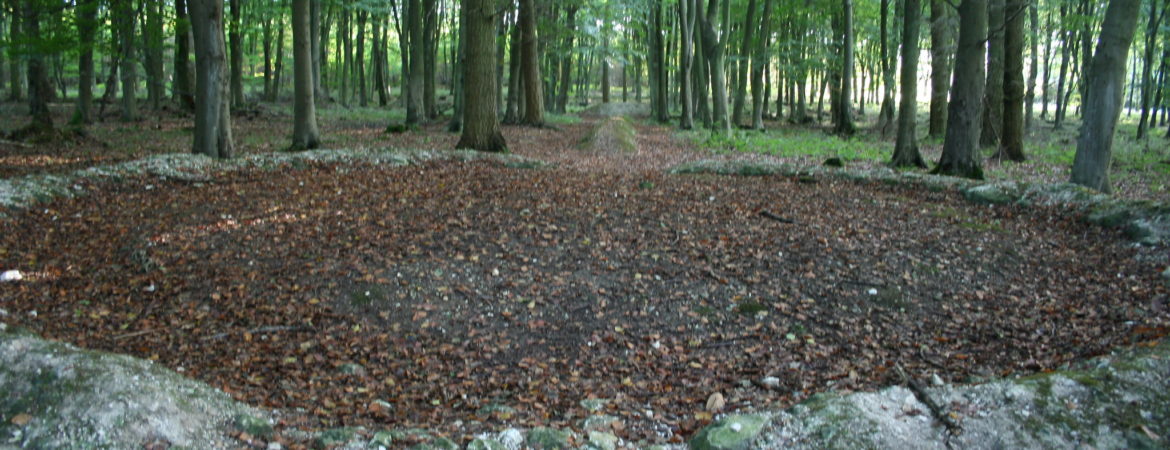Chalk Circle

Night after night as I lay awake in my cell, I found myself thinking of Shaylene. Of course I’d been with other women, was even hitched for a drunken lapse of ninety-two days, but I only ever missed Shaylene, my first everything. I would fantasize about going back to Dothan, showing up at her door with an armful of roses. She would see that I’d shed the flaws of youth—the pettiness, the temper, the jealousy—that I was ready to make a life together, ready to be content.
I was locked up for five months while they got my case in order. But the Key West jail wasn’t a bad place to ride one out. They had me in group twice a week, gave me words to fit my feelings into so I was no longer, as they put it, a mute beast. Also there was a big garden and they gave me lots of time outdoors. Things grew fast in all that sun. By the time the jury found me not guilty I’d gotten to see my sugar snap peas and beefsteak tomatoes make it onto our mess trays.
#
Ellis, my big brother, drove down to get me. I walked out into the mid-morning glare and spotted him sitting across the way in a brand-new Lincoln, sucking on a Camel. He sprang out to greet me, hugging me and slapping my back. He’d put on weight and grown a goatee and couldn’t quit smiling.
“That scruff!” he cried. “Wait’ll Dad sees you looking like a terrorist.”
“Dad knows you’re down here?”
“Shit, you’re all he talks about.” He offered me a cigarette and put the car in drive. “Hey, how about a roadie?”
We swung by a strip mall and grabbed a quart of rum and a jug of limeade and said farewell to Key West. As we drove the long, low bridges from key to key, the A/C on full blast and the turquoise water shimmering all around, I got the feeling they’d talked about in group—the sense of knowing that this day marks the beginning of a new life.
Ellis wanted to know all the details that didn’t make it into the papers. I hadn’t seen the papers but I assured him there were no hidden angles. In the eyes of the law it was a simple case of self-defense. What happened was this:
I’d been living in a Little Debbie bread van on a friend’s side lot, with an extension cord run out from the house for my radio and hot plate. The van didn’t run—no engine, no wheels—but it kept dry in the rain and offered plenty of headroom. The man I wound up killing had his own setup on the same lot—tent, girlfriend, campstove. He was a drifter and a wino and a sometimes user, no different from me. His name was Larry Bass but everybody called him Tickle.
I thought we were pals but one night him and his squeeze got it in their heads to rob me and I woke up to getting beat on. I’d broken my ankle trying to jump a fence and was loaded pretty good on oxies. I came to in a pitch-black confusion of body blows and thunder and the mineral taste of blood. I grabbed my pillow knife and flailed out in the darkness and felt the knife go heavy. Something like sandbags fell across my body and the girlfriend set to tee-balling my bad foot with the business end of a garden weasel. Neither one of us knew what I’d done till a crack of lightning came and showed us.
#
We hit traffic outside of Gainesville around suppertime. The sky was burnt orange and purple, like an airbrush t-shirt.
“I’m starving,” Ellis said. “Wanna find a Hooters? Carla never lets me.”
I kept looking at the sky, all that so-called freedom laid out in every direction.
#
Our waitress seemed tired. All the others were chipper and giggly. Ellis said he was getting gypped, his first Hooters in a dog’s age, but I was relieved we got the tired one. In jail there’d always been some racket or other and I was ready for a spell of peace and quiet.
“You barely made a dent,” he said. “What’s the matter? You’re back in the world! Live it up!” He licked Buffalo sauce off his knuckles and bit open a wet-nap.
“Does Dad really want me coming back?” I asked.
“Listen, he never changed the truck decals, never printed new cards, nothing. Everything still says Holtz & Sons—so you tell me.”
“Okay, but . . .” I was thinking of the fights we used to get in, the viciousness of them. In my trial, the other lawyer had kept using the words “excessive force.” Excessive force was Dad and me all over.
“Come on, Key West? That’s not your people. We’re your people.”
He wasn’t wrong. Look how Key West had turned out. I studied the bones on my plate. Time had a way of softening men up. Dad used to tell me and Ellis what a hardass his father had been, yet the grandpa we knew was mild as milk.
Ellis drained his beer. “One thing,” he said, digging for his wallet. “I’d better tell you before we get there. Remember Shaylene Devereux?”
Of course I remembered Shaylene; he knew about her and me. Everybody did. “What about her?”
“Well, for a good while now . . . her and Dad . . .”
I felt a tug in my bowels, like when a fish strikes your line. I closed my eyes and pictured a circle. A piece of chalk drew it on a blackboard, slow and perfect. I’d learned about the circle in jail, in group. The circle was called My Locus of Control. It was pretty small. Outside my circle, the chalk began to write Dad + Sh—
“Boz,” Ellis said. “Boz, chill out.”
I opened my eyes. He seemed worried. He didn’t know that I was enlightened now—that I’d become like water. I said, “I don’t look calm to you?”
#
The guys who worked for Dad’s landscaping business used to speak of Shaylene Devereux like she was some hoodoo sexpot. She lived with her grandma in the only house on a cut-through road that ran alongside the train tracks. The house looked abandoned except when there was a load of washing out on the clothesline, and even then you might believe the sheets and housedresses had been hanging there for decades, waving at passing train cars, their owner long dead. The lawn was overgrown in parts, scraggly in others, with a gang of car skeletons strewn against a hedgerow of honeysuckle. Occasionally somebody would say they’d seen a car parked in the front gravel, never the same one very long. The guys liked to speculate about what went on inside—seedy things they wished were true. The surrounding woods were veined with mudding trails and we used to scatter truckloads of clippings and pine tags in the clearings there, to avoid the county dump fees.
It was back in those woods that I first met Shaylene. I’d just gotten my learner’s permit and volunteered for dump duty because I loved the grown-up feeling of taking a truck out on my own. It beat working the crews, getting barked at by Dad and Ellis. A crew would radio in with a full truck and I’d run them a fresh one, driving the backroads with the tunes blasting, my arm out the window, a pinch of Skoal in my lip.
I was standing on a tailgate pitchforking grass when I saw her through a scrim of trees. She came out to the edge of her backyard and called to me from a few truck-lengths away—wanted to know if I could spare a minute for the lady whose land I was trespassing on. She looked to be maybe ten years older than me and had a voice like she’d been up all night hollering. I said what’s your trouble and she said yellow jackets.
I followed her across the yard and could see, even through her sacklike dress, that she’d be nice to grab ahold of. She wasn’t what we used to call a forklift gal but she had plenty extra in all the ways I liked.
She showed me the entrance to their nest, a three-inch hole hidden in the crabgrass, and I marked it with some utility flags. I found a second hole a few feet away, a back door, and marked that as well.
“What’ll you do?” she asked.
“Burn them,” I said. “But not just yet. You have to do it at night, when they’re all at home.”
And she said, “It’s a date.”
To read the rest of this story, please purchase a print copy of Story #7, Spring 2020. Photo courtesy of Angus Willson; view more of his work on Flickr.
